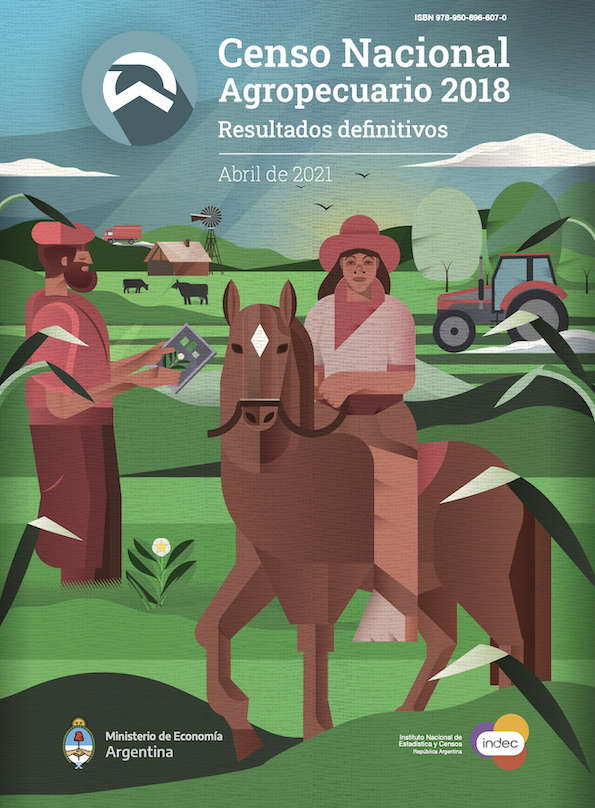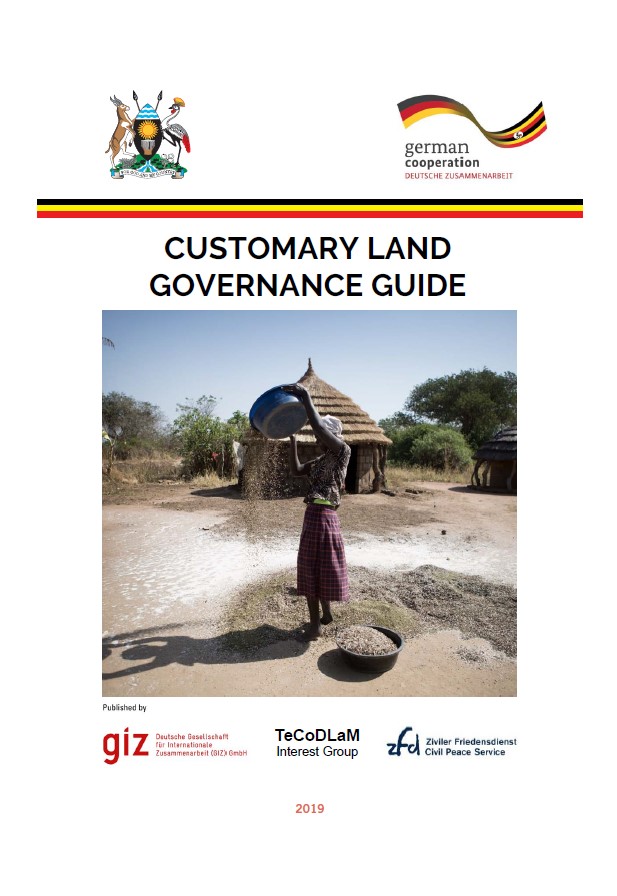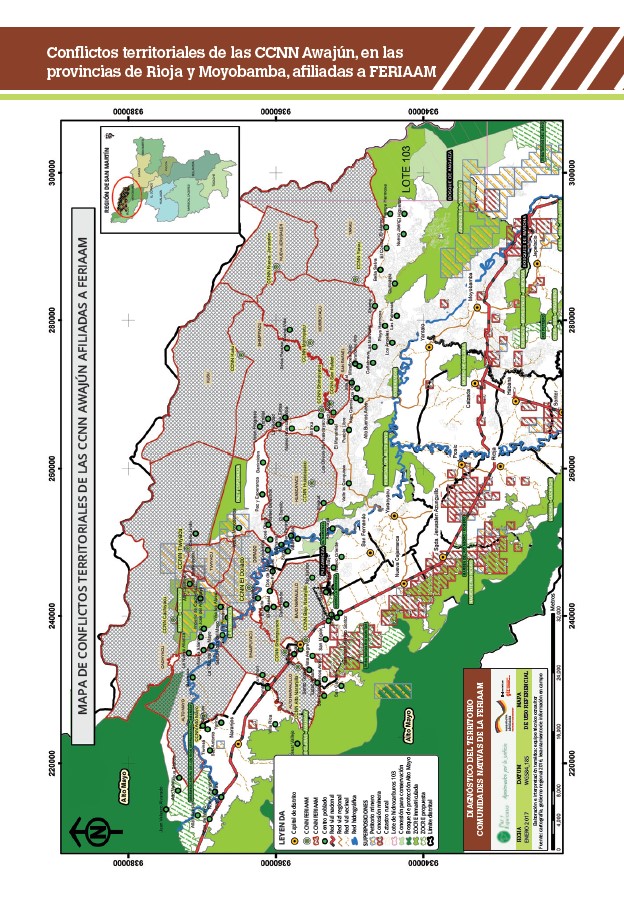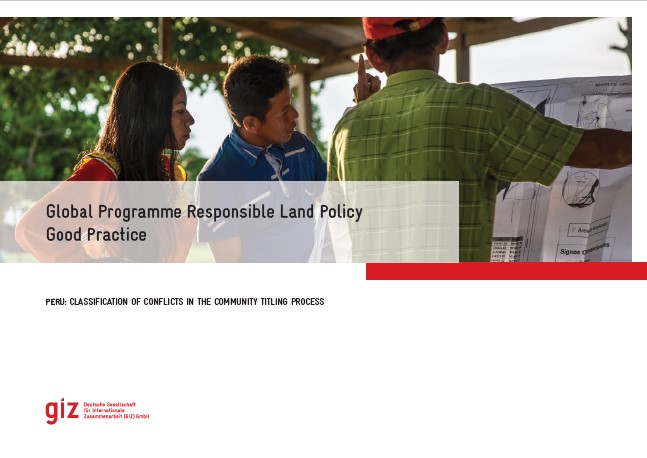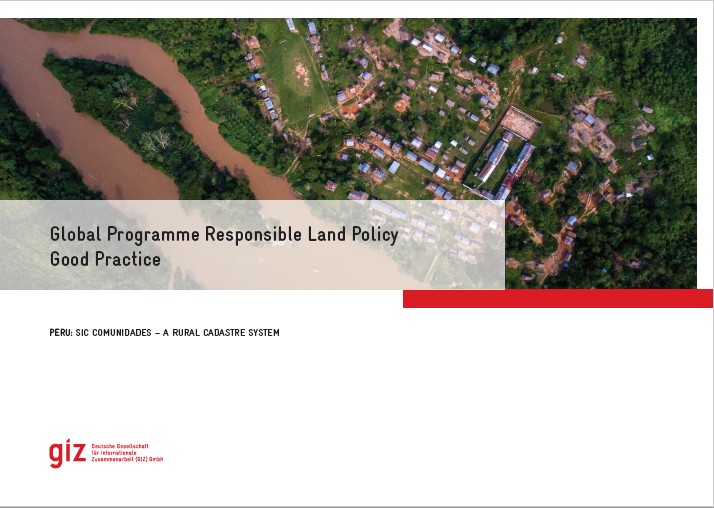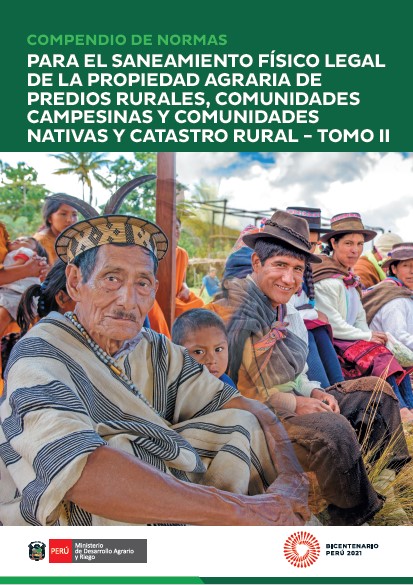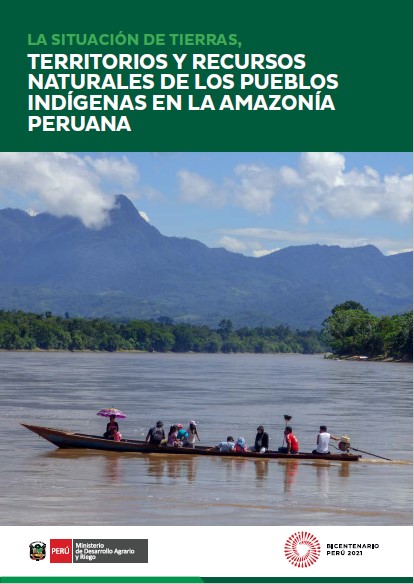LAND-at-scale Uganda
This one-pager provides details on the LAND-at-scale project in Uganda. This project is implemented by the Global Land Tool Network, faciliated by UN-Habitat, and financed by the Ministry of Foreign Affairs via the Netherlands Enterprise & Development Agency.

